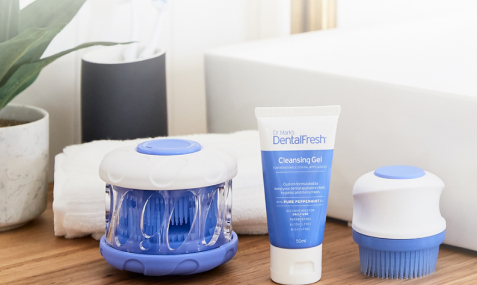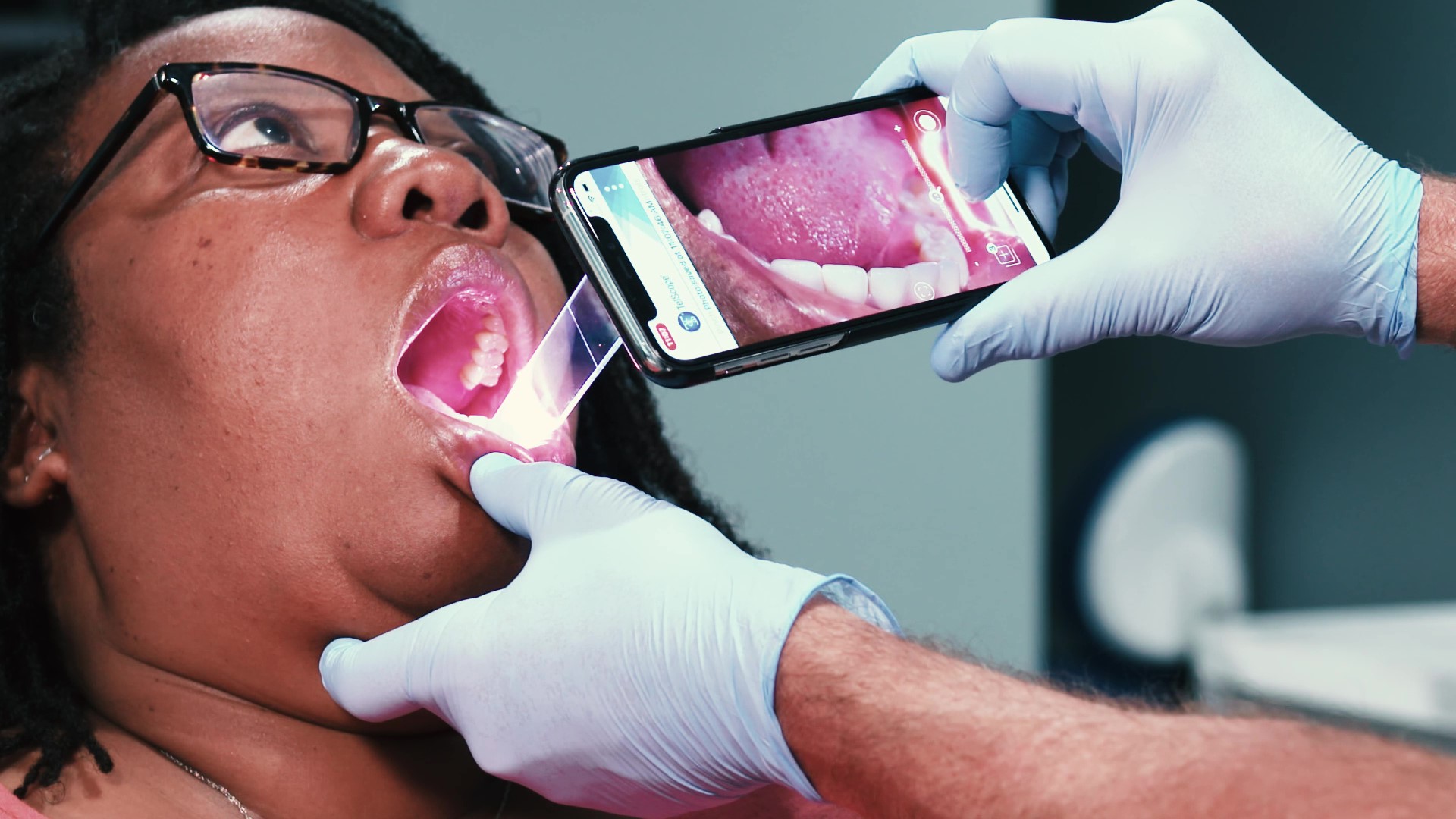Poor oral hygiene and inadequate teeth brushing can have a significant impact on overall health, including during pregnancy. Research has shown a connection between poor oral health and an increased risk of pregnancy complications. Pregnancy already puts a strain on the body, and oral health issues can further contribute to potential complications.
Gum disease has been linked to adverse pregnancy outcomes. Poor oral hygiene allows plaque to build up on the teeth and gums, leading to gum inflammation and infection. The bacteria from gum disease can enter the bloodstream and potentially reach the uterus, triggering an inflammatory response that may interfere with foetal development and increase the risk of complications such as preterm birth, low birth weight, and preeclampsia.
Furthermore, hormonal changes during pregnancy can exacerbate existing oral health problems or make them more prone to occur. Pregnancy gingivitis is a common condition characterized by swollen, tender gums that bleed easily. If left untreated, it can progress to more severe forms of gum disease. Poor oral hygiene and inadequate teeth brushing can worsen these conditions, leading to increased inflammation and potential complications.
It is essential for pregnant women to maintain good oral hygiene habits, including regular and thorough teeth brushing. Brushing at least twice a day with toothpaste, cleaning the gum line and areas between teeth, and incorporating flossing or interdental brushes into the routine can help remove plaque and reduce the risk of gum disease. Regular dental check-ups and professional cleanings are also crucial for monitoring oral health and addressing any issues promptly.





